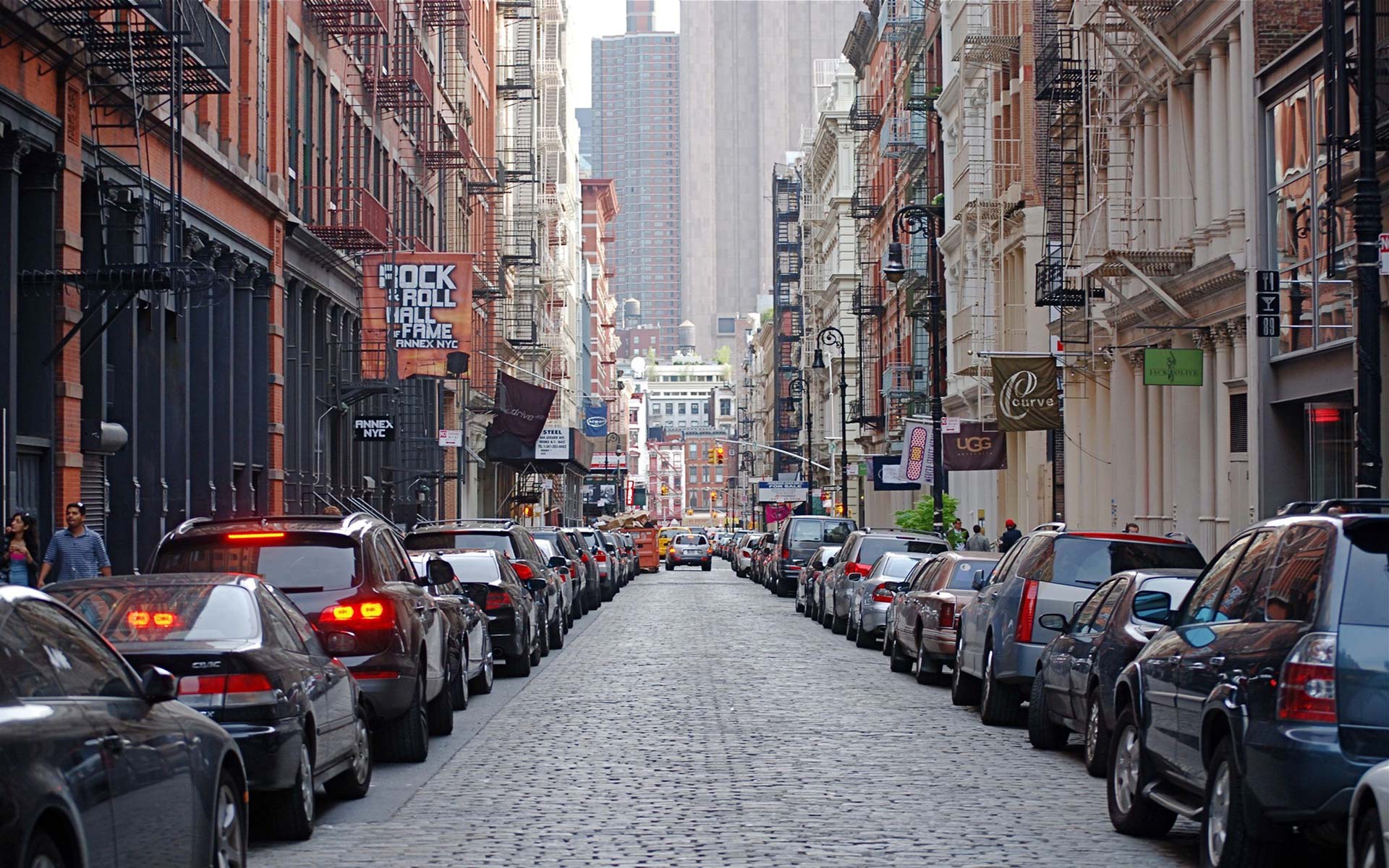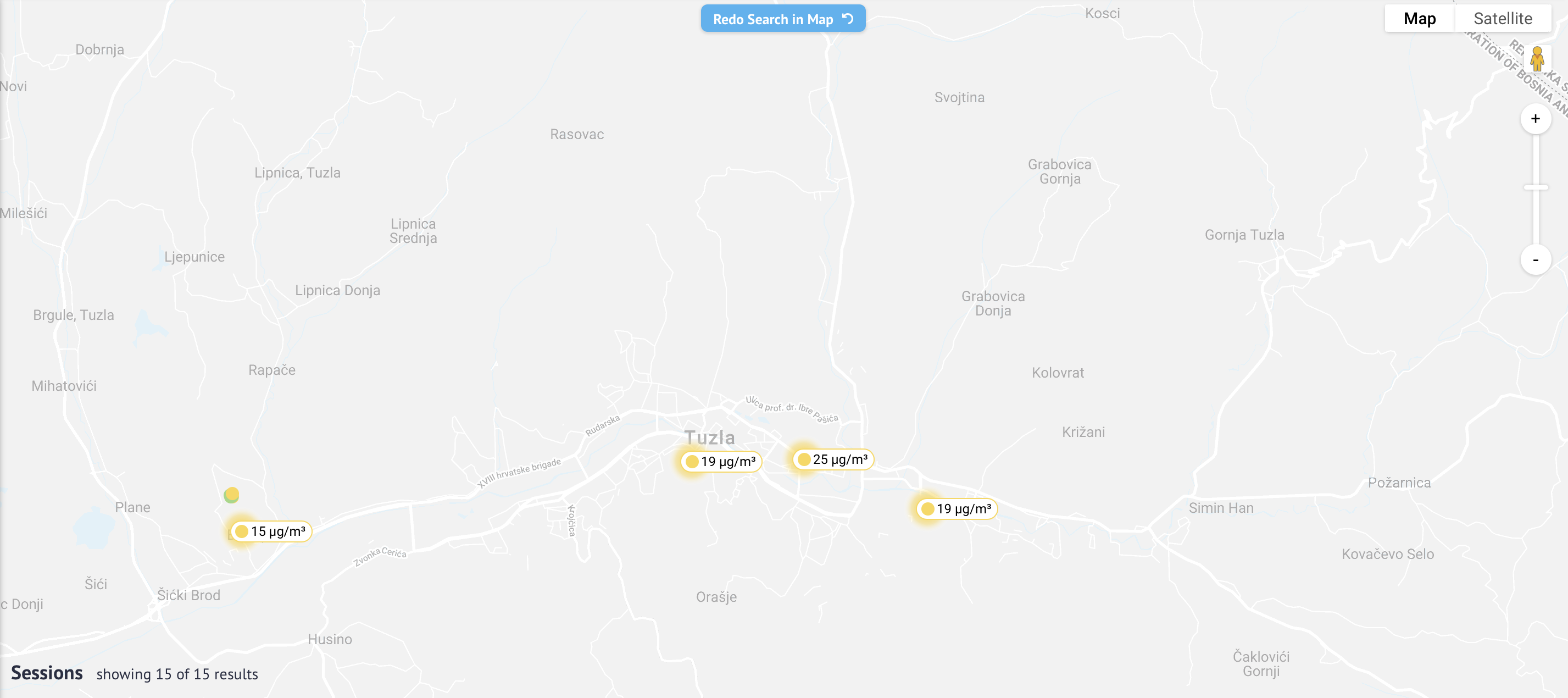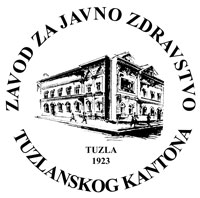Bosnia and Herzegovina has the second highest mortality rate (per 100,000 population) from air pollution in the world, after North Korea

Young medical doctor Emir Durić stands in front of the primary school located beside to the coal power plant in Tuzla. – Igor Petrović / HEAL
The main sources of PM2.5 are the Tuzla Thermal Power Plant which burns over 3.3 million tons of coal annually. The Tuzla Thermal Power Plant is one of the ten largest polluters in Europe: it emits 51,644 tons of sulphur dioxide and 896 tons of PM2.5 annually, making it the largest source of PM2.5 in Bosnia and Herzegovina.
Air pollution is an invisible killer in Tuzla. As doctors working for the health of the population, we need to address and work towards clean air in our community. I am especially worried about the health of our youngest ones, the children. – MD Emir Durić, University Clinical Center Tuzla
In addition to industry that harms the citizens’ health, old cars and domestic furnaces fueled by fossil fuels are also main contributors to air pollution in this region. As in many other cities of Bosnia and Herzegovina, the streets of Tuzla and Lukavac are dominated by old exhausted diesel vehicles which worsen the quality of the air and are extremely harmful to health.
In 2012 alone, more than 3,500 people in Bosnia and Herzegovina died prematurely due to harmful effects of ambient air pollution on their health. Although the laws of Bosnia and Herzegovina set air quality standards for certain pollutants in the air, these laws are unfortunately poorly applied, meaning the air is often unhealthy.
City Stories










